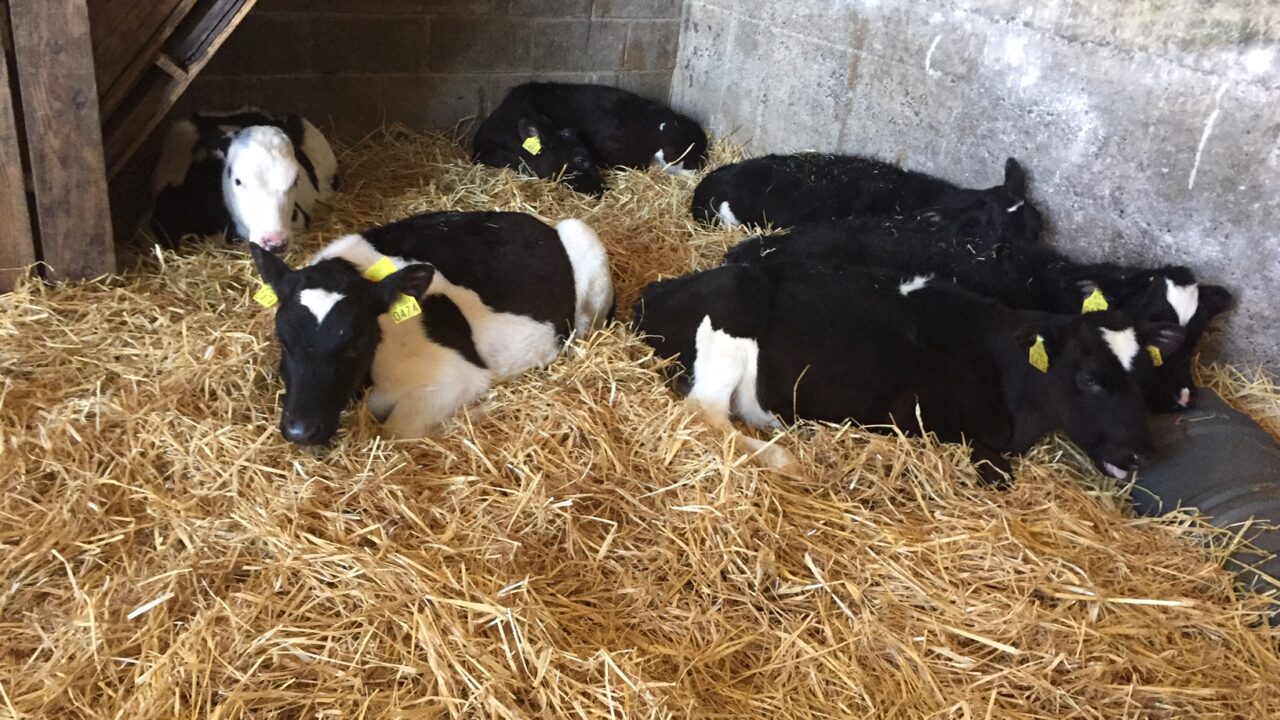The minister for agriculture in the Netherlands has said that she wants to see a ban on the import of Irish calves into the country.
In a letter to the Dutch parliament, Carola Schouten said that such a ban would make farming “more sustainable”. She is also seeking a ban on calves from Denmark, the Czech Republic and the Baltic states.
Schouten argues that long transport times and distances affect the welfare of calves, and therefore should cease.
In response to this, the Livestock Shareholders Association said that a ban would “cause a detrimental knock-on effect to the already unstable industry here in Ireland”.
“With an ever-growing national dairy herd, we must have an outlet for these calves or there will be a complete collapse in the market. We are flagging this problem and we need immediate support from the government today,” the association said.
It called on the Minister for Agriculture, Food and the Marine Charlie McConalogue to “move quickly and have representation in Brussels fighting for the live exports”.
As well as that, the association is also calling for ‘super lairage’ to be built at Rosslare Port, so calves could be fed before beginning the journey to Europe.
It called for this funding to be provided through the exchequer and Bord Bia levies.
“To make exports viable we need to make improvements with regards to welfare, bringing this to a level above what is even required by us in Irish and EU legislation,” the stakeholders argued.
They also call for the age of calves sold in marts to be a minimum of 14 days and for an increase in the minimum age requirement for export to 21 days.
